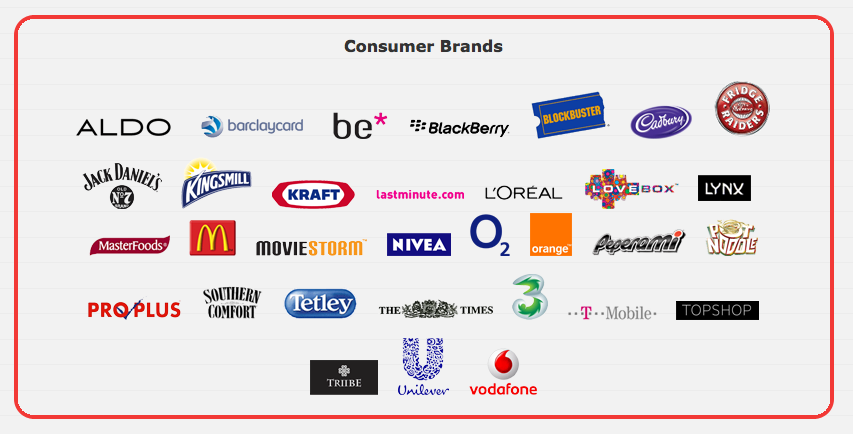Should universities be concerned?
Good report in the Chronicle about students hawking goods on campuses and the fact that university staff don’t seem to have a response or, in some cases, even an awareness of the issue.
When classmates market products on campus, it’s hard not to notice. Students handing out logo-emblazoned T-shirts, complimentary energy drinks, and invitations to corporate sponsored “parties” have turned many universities into de facto commercial zones. It’s an appealing arrangement for both sides: Companies get inside access to a large market at a low cost, and students earn extra cash and lines on their résumés.
But a handful of administrators have voiced concern about student marketing, saying that it violates university policies and could jeopardize contracts with other companies on campus. Observers outside academe question the effects of such marketing on campus culture and student life.
Still, few colleges have procedures in place to handle the practice, so relatively little is done to stop it. And some administrators don’t even know it’s happening.
“I personally have not heard of it or seen it,” said William F. Merck II, vice president for administration and finance at the University of Central Florida. “I think if it were at any significant scale, we would have picked up on it.”
One of the major energy drink producers is particularly big in the student market and you only need to look at the “Red Bull University” site to get a sense of their approach. More detail can be found in this interesting case study report which highlights the strength of the word of mouth model for this company and the ways students are involved as part of this approach.
Campus Group is a company which organises marketing to students for a wide range of clients:
 They note that the student market is a particularly lucrative one as students are making independent purchasing decisions for the first time, they are concentrated in small locations and tend to be early adopters. Moreover, student spending power is estimated at £15 billion per annum in the UK. It’s perhaps understandable therefore why so many companies will want to target students and why they will use students themselves to do this. Campus Group describe their student brand managers thus:
They note that the student market is a particularly lucrative one as students are making independent purchasing decisions for the first time, they are concentrated in small locations and tend to be early adopters. Moreover, student spending power is estimated at £15 billion per annum in the UK. It’s perhaps understandable therefore why so many companies will want to target students and why they will use students themselves to do this. Campus Group describe their student brand managers thus:
To reach students, it’s important to be a student. Our Campus Brand Managers are the eyes, ears, voice, hands and feet of our clients. Recruited on the basis of coursework, interest, and experience, our Brand Managers are specifically selected to represent your brand and target relevant students. Trained to fully understand the objectives and targets to be met, they are involved from the beginning of the campaign by bringing their insider knowledge and creativity to the campaign.
Is it a win:win then or should universities be concerned? I have to admit I don’t like the approach at all and find the presence of brash, highly visible promotional material deeply irritating. Challenging it however is pretty difficult. Whilst the more obvious activity can be prevented, much of the promotion simply isn’t visible to staff and therefore hard to do anything about. So is it really a case of out of sight, out of mind? I hope not but whilst there are companies looking to get a slice of this £15 billion market and plenty of students keen to make some money as brand managers it is unlikely to stop.

 When classmates market products on campus, it’s hard not to notice. Students handing out logo-emblazoned T-shirts, complimentary energy drinks, and invitations to corporate sponsored “parties” have turned many universities into de facto commercial zones. It’s an appealing arrangement for both sides: Companies get inside access to a large market at a low cost, and students earn extra cash and lines on their résumés.
When classmates market products on campus, it’s hard not to notice. Students handing out logo-emblazoned T-shirts, complimentary energy drinks, and invitations to corporate sponsored “parties” have turned many universities into de facto commercial zones. It’s an appealing arrangement for both sides: Companies get inside access to a large market at a low cost, and students earn extra cash and lines on their résumés.









I’d be interested in seeing their ethical business or CSR policy (if they have one). Looking at that list of consumer brands I see:
Barclaycard
Jack Daniels
Pro Plus
Southern Comfort
If you consider the NUS responsible drinking campaigns, are university campuses an ethical place to actively promote alcoholic brands?
More importantly do we want our students thinking, in a time when they are naive, vulnerable and open to manipulation, that Lynx smells good?
spot on!